The Badr
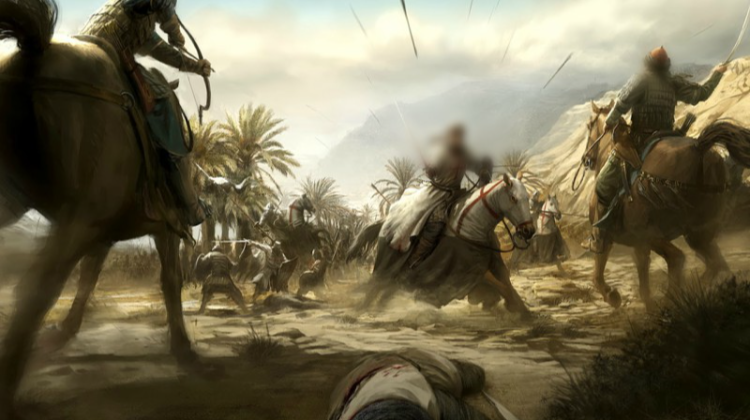
The Badr
This is another subject, which has been made a matter of controversy by those people. A simple event has been turned into a bone of contention trying to prove what it was not. As I have stated before, pursuing the policy and process set by Allah Himself, the Messenger, on arrival in Madina and even before settling down properly, went on the aggressive and started sending out armed aggressive patrols to engage the Moshreks, wherever and whenever they came in contact with them.126 Soon
after the incident at Nakhla the Messenger of Allah got information that Abu Sufywan was leading a large commercial caravan from Syria to Makkah, which contained much valuable merchandise and cash, belonging to many people of Makkah. He immediately decided to attack and plunder the caravan and assembling about 300 fighters he set out to intercept it on its way to Makkah. Abu Sufywan, one of the main leaders of the Qurayesh was an intelligent and wary person, who unlike the present spineless apologists, knew that Mohammad (Sm) and his companions, after migrating to Madina, were no more the small band of people whom they had held in contempt, persecuted, tortured and even killed thinking nothing would come of it. From the experience of the attitude, courage and morale of the aggressive patrols of the Mo'mens, the Moshreks now were anxious even alarmed that the Messenger of Allah might attack their rich caravan, hence they were alert and tried to get information about the Messenger's activities, if any. Soon Abu Sufywan got the information that the Messenger, accompanied by several hundred of his companions had set out from Madina. Abu Sufywan had no illusions about the intention of the Messenger and had immediately rushed a messenger, Damdam bin Amr al Giffari to the Qurayesh in Makkah with information that the Messenger was lying in wait for the caravan and called them in defense of their properties. This done, he left the usual route of the caravan and took a detour by the seashore to avoid the Mo'men fighters.
The Messenger and the fighters which consisted of both Muhajers (Migrants, those Mekkans who migrated to Madina) and Ansars (Helpers, residents of Madina who pledged to help and defend the Messenger) lay in wait for the caravan while Abu Sufywan avoided them by changing his course and the Qurayesh proceeded from Makkah to defend their property in the caravan. They came and confronted the Messenger and the companions in a place called Badr. The caravan was gone in a different direction and now the Messenger faced the enemy army. In the ensuing battle the Qurayesh were defeated decisively with tremendous loss of both men and leaders. This much is historical fact. Now all the controversy is about the intention of the Messenger. Those who want to depict the Messenger innocent of such deplorable actions as plunder of a caravan says his real intention was attacking the Qurayesh which is an offensive action. And the apologists of more recent times go to the ridiculous length of saying that Badr was a defensive action.
Since they cannot deny so many battles that the Messenger and his companions fought and all the battles after him as that is history they want to show the Messenger of Allah as a docile man of peace who had fought only as the last resort, when all other means failed. Peace to them means subjugation, subordination by others, not what is meant by the word peace (Islam), by Allah and His Messenger.
The facts about the Battle of Badr are-
1)On hearing and confirming the news that a very rich caravan of the Qurayesh was on its way to Makkah from Syria, the Messenger of Allah decided to attack and plunder it. This was in accordance to the policy laid down by Allah Himself and the attacks on caravans previous to Badr were also in the same line.
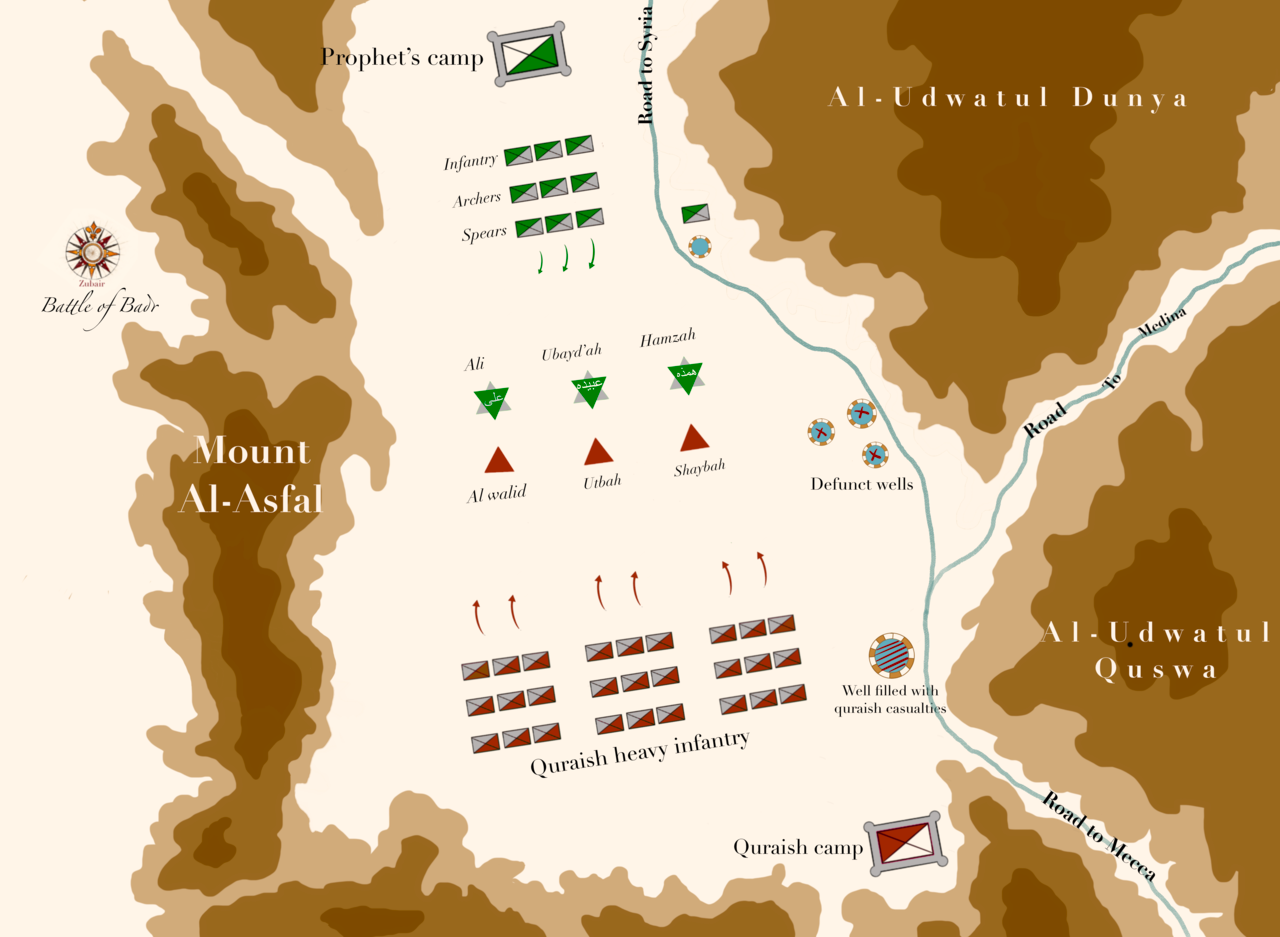
Captionand al-'Udwatul Quswa, shown to the right.
2)It is to be noted that the Messenger did not allow any Ansar of Madina in any of the Sarias (aggressive patrols) sent out before the battle of Badr, but they were included in the expedition to attack the caravan. The reason was that Ansars were pledge-bound to defend the Messenger as they would defend their own family (Pledge of Aqaba), but were not obliged to fight if the Messenger went on aggressive himself; in that case they were free not to defend him or fight for him. That is why the Messenger did not include any Ansar in the patrols as these were aggressive, ordered to fight. The Sarias (aggressive patrols) always consisted of Mohajers (migrants from Makkah) only. But the expedition to attack Abu Sufywan's caravan was a different matter, it was a matter of plunder, perhaps for that reason the Ansars accompanied the Messenger, or perhaps they thought that though they were not bound to accompany him they did it out of a sense of responsibility beyond the binding of the Pledge of Aqaba. The history is not very clear on this point. However, the fact is that the Ansars did accompany him and when the hostile Qurayesh confronted the Messenger and his companions, it was the Messenger who consulted both the Muhajers and the Ansars, whether to fight the Qurayesh who, even though their caravan was now safe for which they had come all the way from Makkah, they decided to attack the Mo'mens. First the Muhajers, who were to go by the decision of their leader any way, spoke and assured the Messenger of the obedience to him, especially Al-Miqdad (Ra) who said- "O Messenger of Allah! Go wherever Allah asks you to go, we shall be with you. We shall not say to you as the Children of Israel said to Musa (as) (Moses), "You and your Lord go and fight, we shall stay put here", but we say that you and your Lord go and fight, and we will fight with you. By Allah, if you were to take us to Bark al Ghimad (A town in Abyssinia, Africa), we would fight resolutely with you against its defenders until you conquer it".127 The Messenger thanked and blessed him. Then he sought advice from the Ansars, about whether to fight the army from Makkah or to withdraw, as the purpose for which he came i.e. to attack the caravan was already out of the reach, and the Ansars were not obliged to risk their lives in the fight against the Qurayesh. Saad bin Muadh (Ra) stood up and spoke for the Ansars.
Said he- 'We believe in you, we declare your truth, and we see that what you have brought is the Truth, and we have given you our word to obey; so wherever you go we shall be with you, and by Allah if you order us to plunge into the sea and you plunge into it, we would plunge into it with you, every single man of us. We do not dislike the idea of confronting your enemy to-morrow. We are experienced fighters, reliable in combat. It may be that Allah will let us show you something that will delight you; so take us along with you with blessings of Allah."128 So the die was cast.
3)The Messenger of Allah set out of Madina with the intention of attacking and plundering Abu Sufywan's rich caravan which was escorted by only 30-40 armed guard thus an easy prey. But Allah had other plan which is evident from the Ayat 7 of Surah Anfal where He says- "And when Allah promised you one of the two bands (of the enemy, either the caravan or the Qurayesh army) that it should be yours, and you wished that the other than the armed one (the caravan) might be yours; and Allah willed that He should cause the Truth to triumph by His words and cut the root of the disbelievers." So it becomes clear from this Ayat that it was Allah who decided which of the two would be the vanquished and if we look closely at the Ayat we see "and cut the roots of the disbelievers" and its materialization in the elimination of almost total leadership of the Qurayesh. Of the most powerful leaders of then only Abu Suf'ywan, being with the caravan was spared.
Both aspects of Badr, the caravan and the Qurayesh army was totally aggressive, as were the armed aggressive patrols sent out prior to it, notwithstanding the whimpering of the spineless apologists sunk into the abysmal depth of inferiority complex, a La'nah (curse) of Allah. The going out to raid and plunder the caravan was of course aggressive and to fight the Qurayesh who came to rescue the caravan was also aggressive, as its evident from the fact that the Messenger sought approval for it from the Ansars. If it was not aggressive, only defensive, then there was no need for it as the Ansars were pledge-bound to fight for the Messenger's defense as they would for the defense of their wives and children, their families.
There is no doubt that battles of Uhud and Ahzab [also called Khandak (trench)] were defensive. But those are defensive in the sense that even in an offensive war; defensive battles must be fought occasionally depending on circumstances prevailing. There is no question that WWII was started by Germany offensively, but it is on record that they had to fight many defensive battles in deferent places. Islam's military conflict started with the sending out of armed aggressive patrols by the Messenger of Allah and the very first arrow was shot by one of those patrols; and the battle of Badr itself was caused by the expedition by the Messenger to attack the caravan of Abu Suf'ywan undoubtedly an offensive act.
ENDNOTE
126 Mohammad Ibn Eshaq’s Sirat-e-Rasul Allah, translation by A. Guillaume
127 Mohammad Ibn Eshaq’s Sirat-e-Rasul Allah, translation by A. Guillaume-P-293
128 Mohammad Ibn Eshaq’s Sirat-e-Rasul Allah, translation by A. Guillaume-P-294
Images Related to this Post

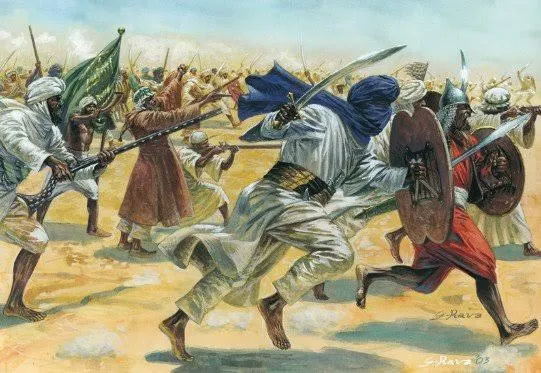
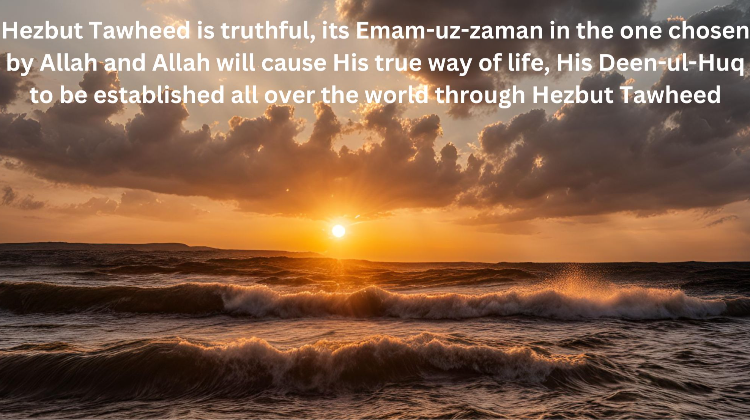

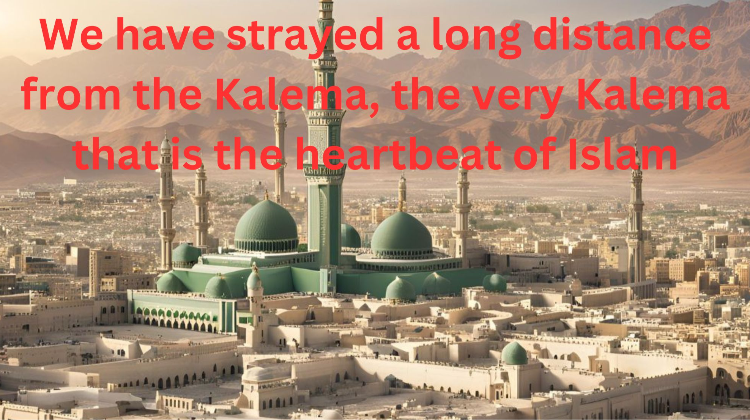
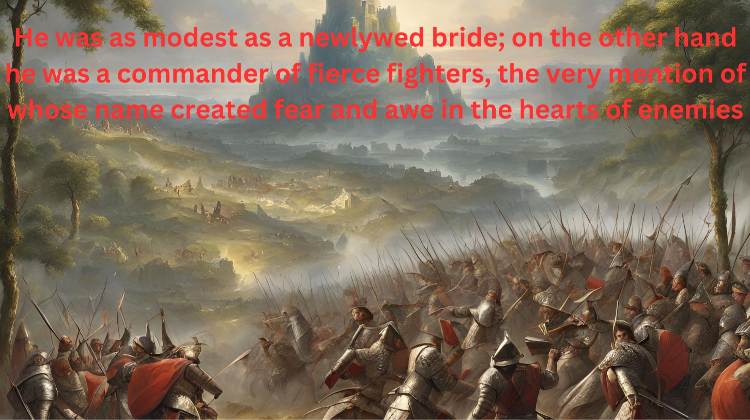
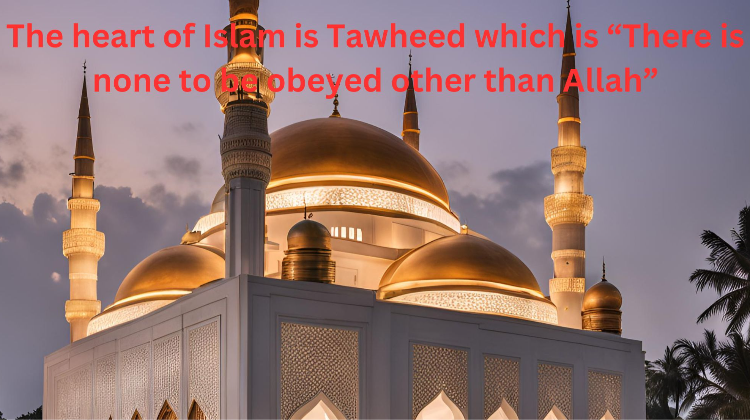
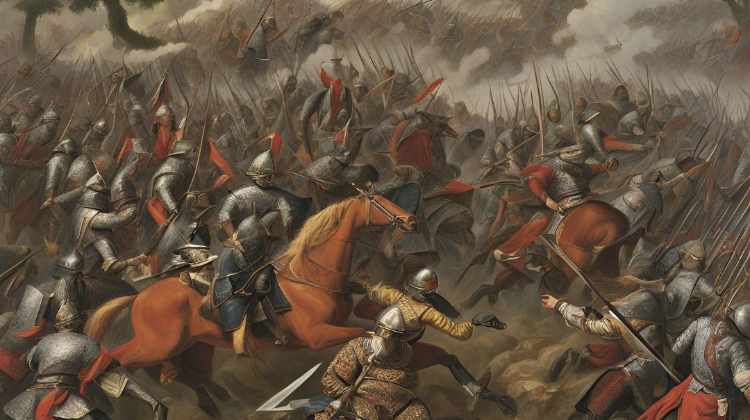


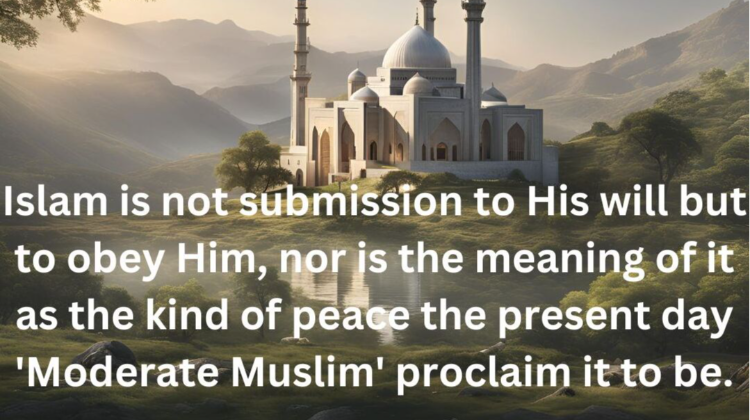
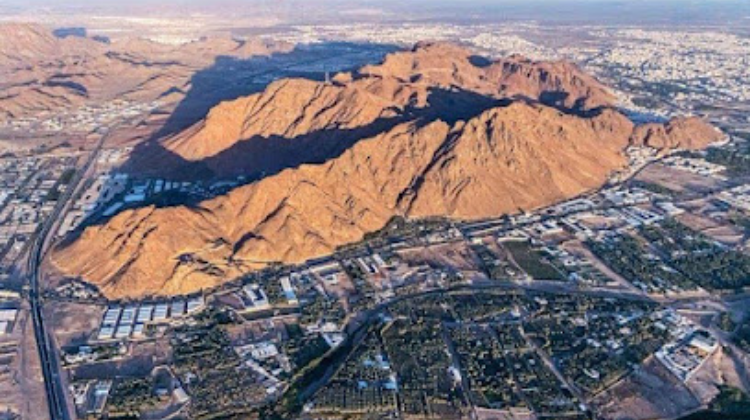
Leave a Comment